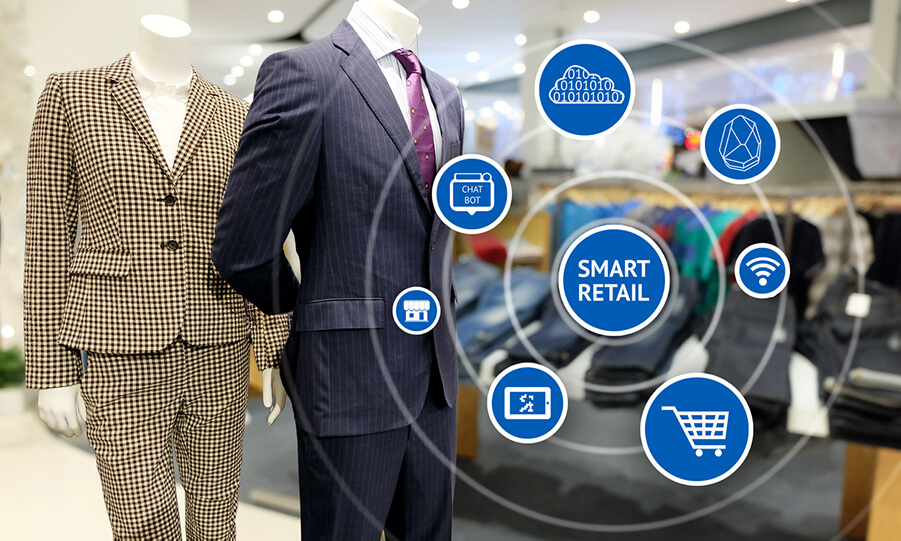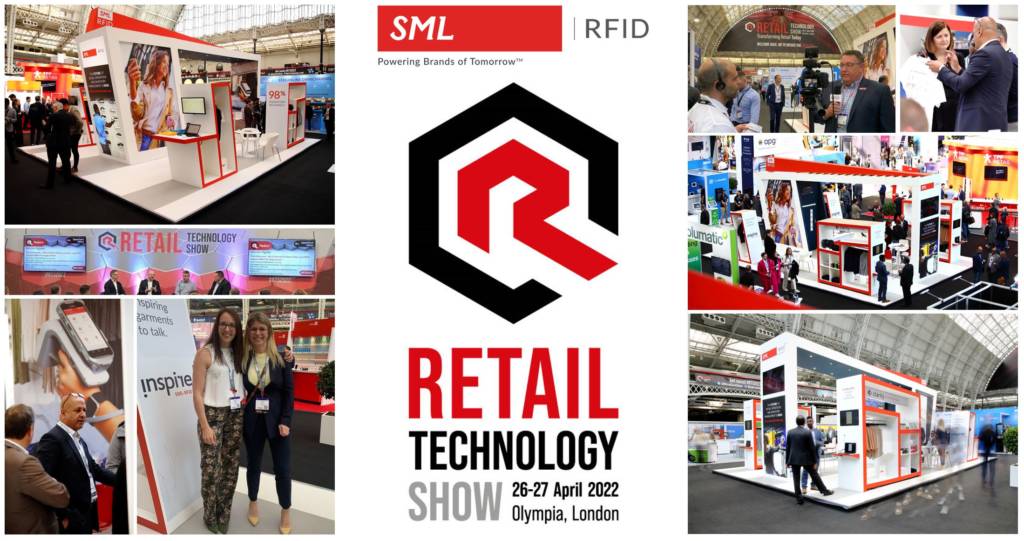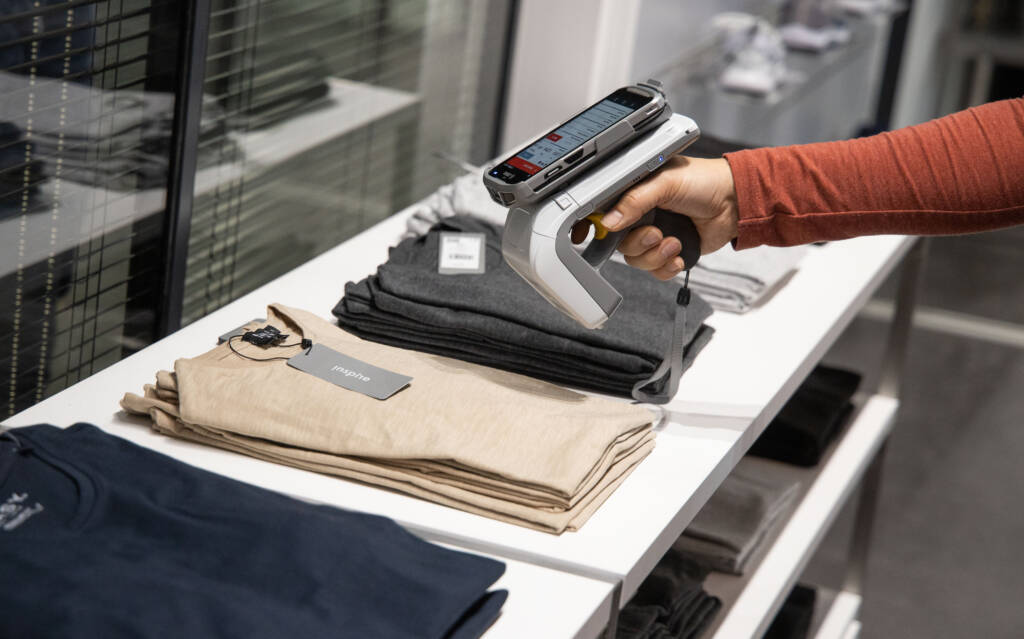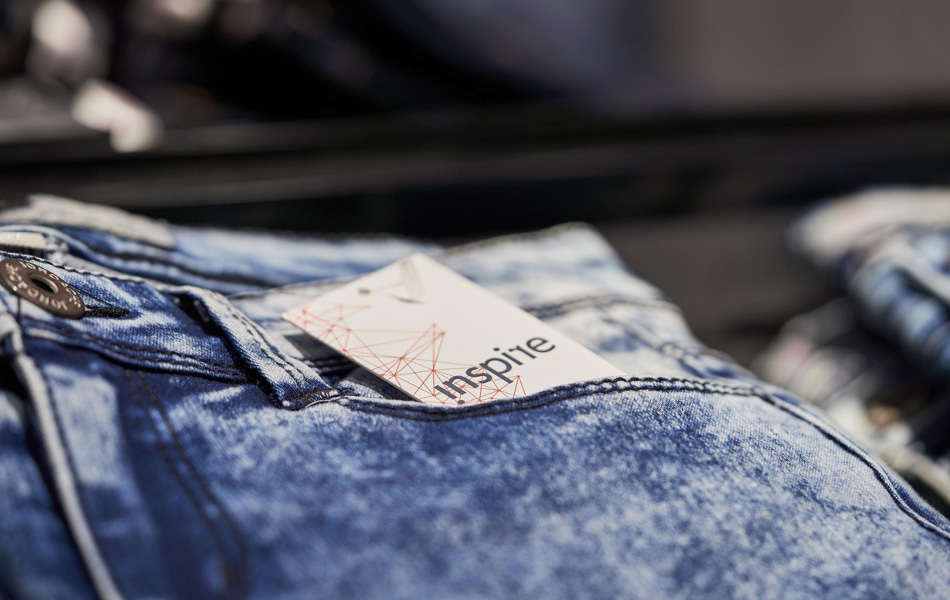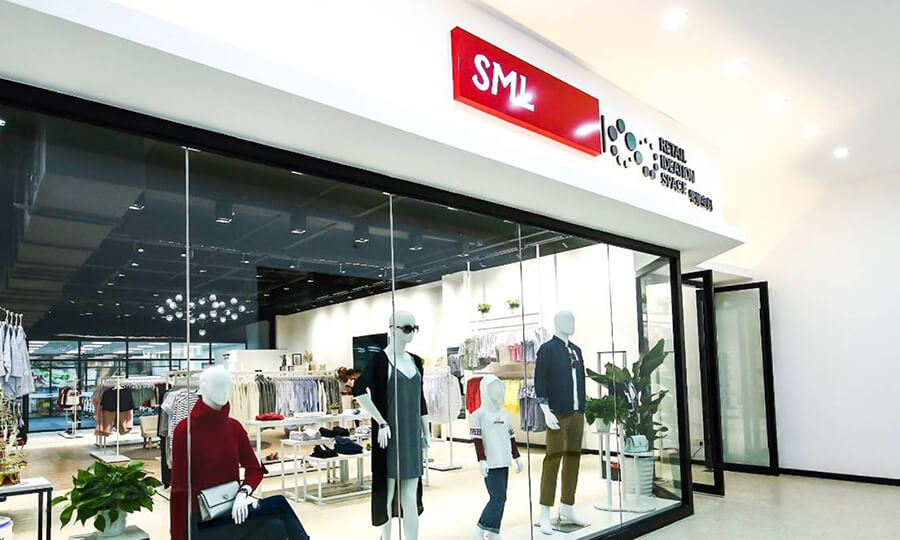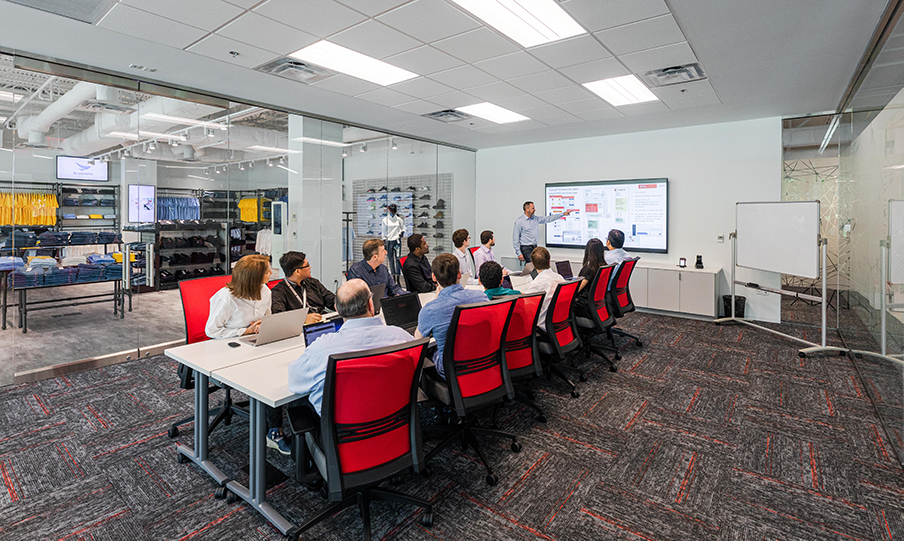RFID Technology in Retail Trends from EuroCIS 2022
SML’s European team was present in Dusseldorf, Germany in early June to attend Europe’s largest retail technology show, EuroCIS. Dubbed as one of the key retail events of the year, the show attracted more than 9,000 visitors and 345 exhibitors over the course of the three-day event. With attendees visiting from more than 85 countries, this year’s event proved to be a completely international affair.
Leading members from the SML team attended the show, providing practical knowledge and inputs on how item-level RFID solutions can enable brands and retailers to address the changing customer needs and future-proof their business operations.
The retail industry continues to adopt a number of technologies in order to innovate, meet changing needs of consumers, and stay one step ahead of the competition. The sector has become increasingly competitive with shows such as EuroCIS proving to be a hotbed for industry trends and innovations that will be establishing themselves as game-changing technologies within the retail space.
Focus on the In-Store Experience
The past two years have meant that the retail sector has had to operate on a largely digital model with brand owners rolling out solutions that enabled online and omnichannel solutions. Unsurprisingly, retailers – and customers – are now looking for ways to improve the in-store experience.
A number of solutions at this year’s EuroCIS focused on providing better POS solutions with self-checkout offerings coming a long way since they were first introduced. What’s more, some retailers are looking at how to engage with customers before their in-store purchases. By utilizing check-in technologies, retailers can find out more about their shoppers and provide bespoke services and experiences that give added value.
Growing Adoption of Smart Mirrors
The utilization of smart mirrors has long been discussed within the retail industry for the past few years. However, due to significant upfront costs and little demonstration of ROI, adoption of this technology has been slow.
Last month Swedish fashion retailer H&M Group announced the rollout of smart mirrors across a number of its stores in North America, offering personalized product information and the opportunity to virtually try-on items. As a result, we can expect many similar brands rolling out this technology to remain competitive and on par with the retail giant.
With changing customer expectations, retailers are now trying to find ways they can blend the physical shopping experience with the digital. Smart mirrors provide consumers with the ability to seamlessly shop in-store and search for personalized product recommendations without making multiple trips from the changing rooms to the shop floor.
BOPIS Inventory Management & Stock Availability Continue to be Major Concern
Buy-Online-Pick-Up-in-Store (BOPIS) has been a phrase that has penetrated the retail space for the past two years. However, many retailers still struggle to realise the true potential of BOPIS due to a significant lack of inventory visibility. Many retailers still need to improve their omnichannel offerings in order to provide customers with better levels of customer experience.
Powered through the use of RFID technology, retailers are able to track exactly where stock is across an entire estate of inventory. For shoppers, this means that when browsing on a retailer’s e-commerce platform, they can readily identify which physical store closest to them has the item in stock.
SML’s previously released research, ‘State of Retail Insight Report: Better Serving Customers Through Technology’, found that 43% of retailers believe enhanced stock level visibility would help them better serve customers and increase the overall customer experience. As well, the report found that 48% of UK and US retail decision-makers experience that out-of-stock items are the primary challenge for retailers in the current climate. A key theme we saw at Euro CIS this year was how retailers effectively tackle this challenge.
The retail industry needs to ensure that technologies that enable effective inventory management are in place before implementing technology that they lack the foundation to support. Applying a ‘walk before you can run approach’ is the only true way that retailers can achieve enhanced transformational changes.
To find out more about how RFID technology can improve your retail operations, contact info@sml-rfid.com.

